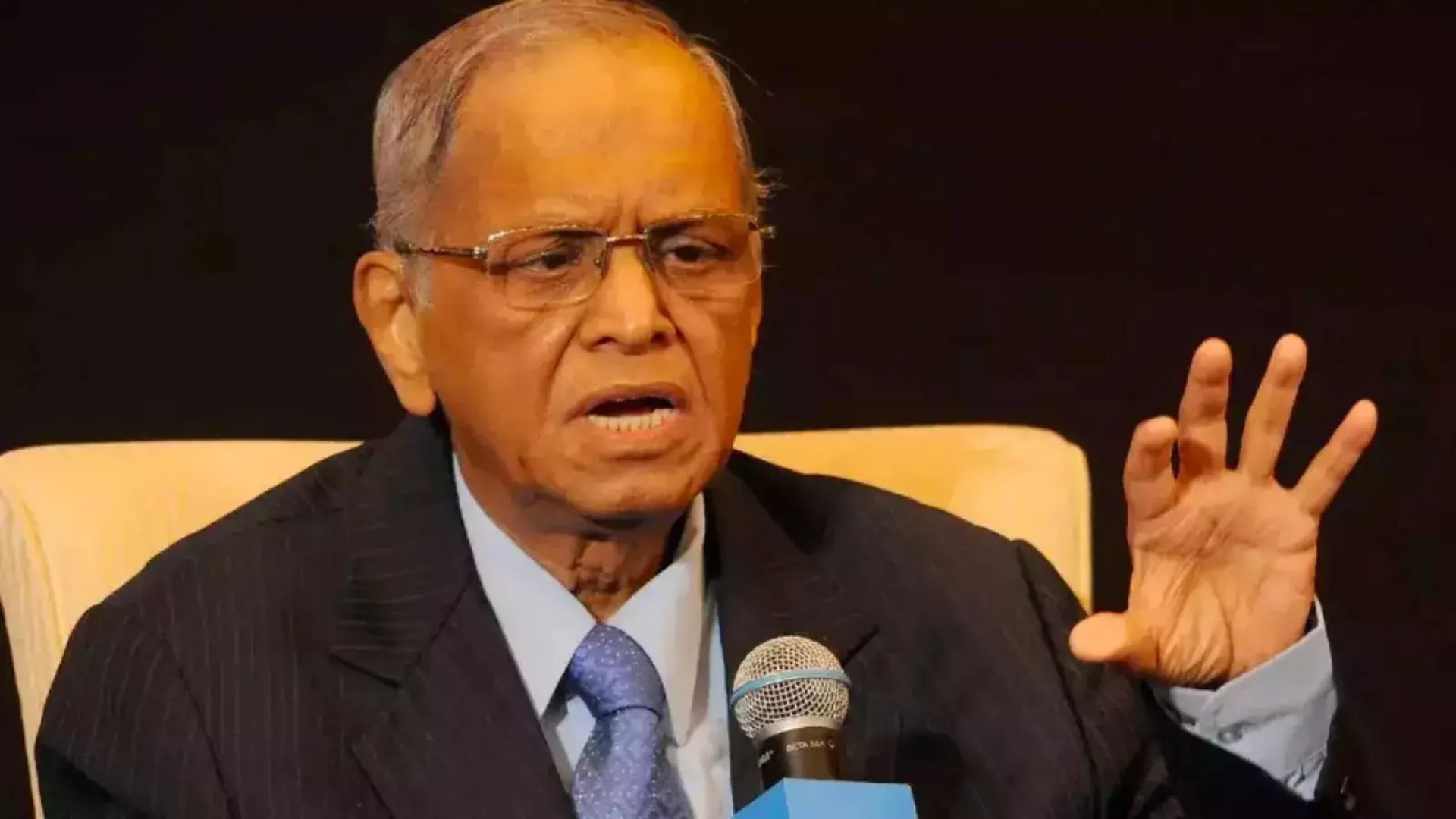Narayana Murthy, the co-founder of Infosys, recently proposed a radical change to India’s civil services recruitment process, suggesting that IAS and IPS officers be selected from business schools rather than through the traditional UPSC examination. This suggestion has ignited a debate on governance, public service, and the role of management in shaping India’s bureaucracy.
Murthy’s Vision for a Management-Oriented Civil Service
At the CNBC-TV18 Global Leadership Summit on November 14, Murthy argued that India’s bureaucracy needs a shift from an “administrative mindset” to a “management mindset.” He believes that the current UPSC-based process produces officers trained to maintain the status quo rather than driving innovation, vision-setting, and agility in governance. According to Murthy, business school graduates would be better equipped to navigate the challenges of modern governance, which requires forward-thinking leadership and the ability to execute swiftly.
“Administration focuses on preserving the existing system, while management is about creating a forward-looking vision,” Murthy said, emphasizing that business-trained officers would bring much-needed innovation and efficiency to India’s public services.
Sanjeev Chopra Responds: Defends UPSC’s Inclusivity
In response, Sanjeev Chopra, a former IAS officer and former director of the Lal Bahadur Shastri National Academy of Administration (LBSNAA), rejected Murthy’s proposal, defending the UPSC process. Chopra highlighted that the UPSC examination system is inclusive, offering candidates the opportunity to appear in 22 different languages, ensuring equal access for people from diverse linguistic and regional backgrounds.
“The UPSC selection process is merit-based and inclusive. It gives every Indian a fair chance, which business schools cannot match,” Chopra remarked. His argument underscores the democratic nature of the UPSC, which balances merit with inclusivity.
The Role of Civil Servants: Governance vs. Management
Chopra’s major objection to Murthy’s idea lies in the role of civil servants. He stressed that vision-setting for the nation should be the responsibility of elected representatives, not civil servants or corporate managers. Chopra argued that civil servants are tasked with implementing policies set by democratically elected leaders, not defining them. He believes that the core function of the Indian bureaucracy is to serve democratic governance, not to steer policy like corporate executives.
“The vision of a country should come from elected leaders, not corporate managers. The role of civil servants is to implement policies that reflect the will of the people,” Chopra emphasized.
The Debate on Cost Efficiency and Public Service
Murthy also pointed to the need for cost control in government administration. However, Chopra countered this by highlighting that public services often focus on social objectives that cannot always be measured purely in terms of financial efficiency. For instance, government programs like AIIMS (All India Institute of Medical Sciences) and the Integrated Child Development Scheme (ICDS) are designed to provide significant social value, even if they aren’t as financially efficient as private enterprises.
“Public services provide value that goes beyond cost efficiency. Would you compare AIIMS with private hospitals like Max or Medanta? The value lies in the social good,” Chopra argued.
Chopra also noted that government initiatives, such as the Government e-Marketplace (GeM), have already achieved cost-saving milestones by reducing transaction times and costs. While he acknowledged there is always room for improvement, he emphasized that the focus should remain on citizen-centric policies that address the broader social needs of the population.
Work-Life Balance and Mental Health in Public Service
Murthy’s suggestion of imposing a 72-hour workweek for public servants also faced criticism from Chopra. He argued that such a demanding schedule conflicts with the concept of ease of living, which prioritizes work-life balance, mental health, and the well-being of citizens.
“Governance must focus on citizens’ well-being, not just productivity. Ease of living includes work-life balance, physical and mental health, and a better quality of life,” Chopra emphasized.
Corporate Accountability: A Challenge for Business Leaders
In an interesting turn, Chopra called on business leaders, who advocate for management-oriented governance, to adopt more transparent practices within their own organizations. He challenged them to disclose salary disparities, share their inclusivity indexes, and demonstrate true corporate responsibility.
“Let corporate organizations adopt transparency, like the RTI (Right to Information) for their organizations. How many leadership positions are held by people from marginalized communities?” Chopra asked.
Civil Services vs. Corporate Management
The debate between Narayana Murthy and Sanjeev Chopra underscores the diverging views on the role of the civil services in India’s governance. While Murthy advocates for a management-focused approach to governance, Chopra defends the democratic integrity of the existing UPSC system. Both sides emphasize the need for a balance between efficiency and democratic values in shaping India’s future.


















